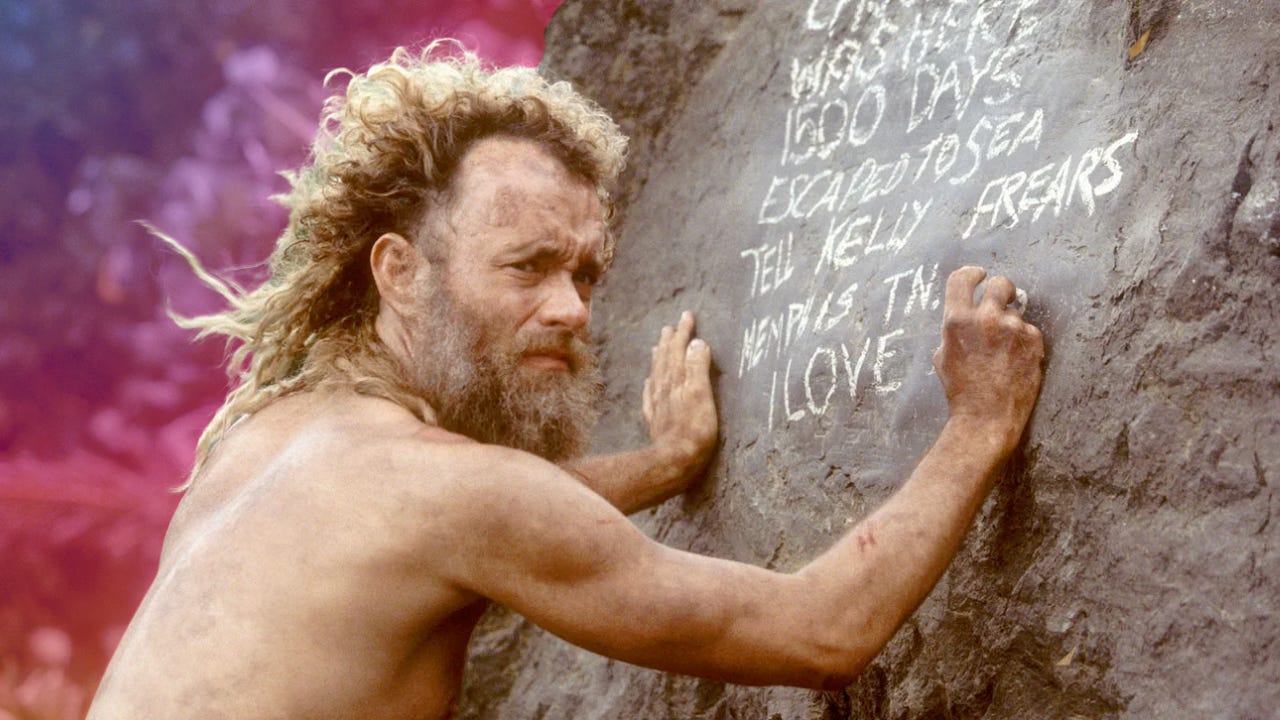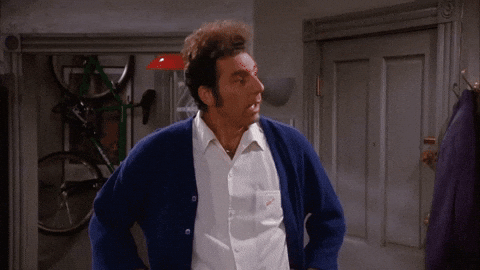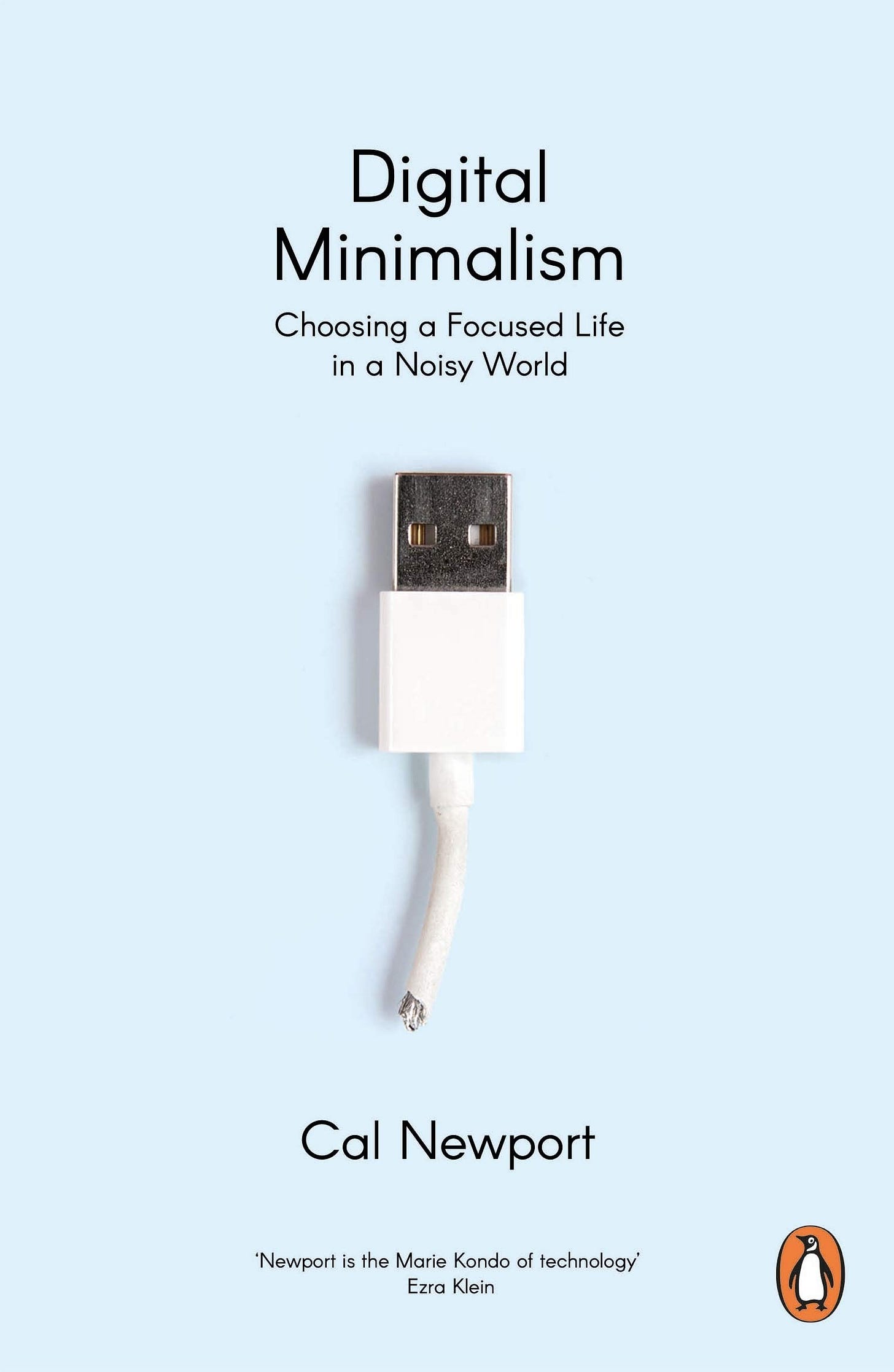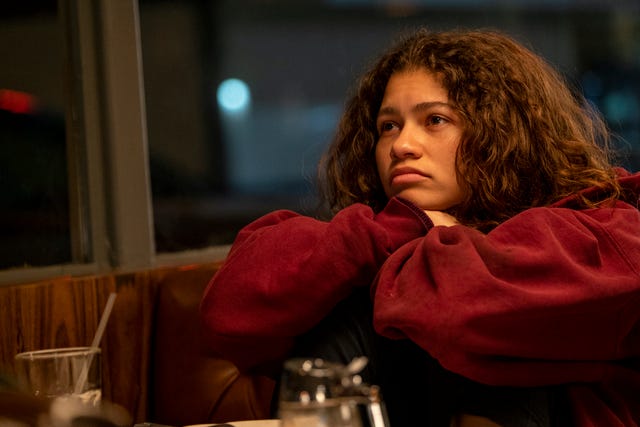A break from being online
Digital Minimalism
Solitude Depravation: A State in which you spend close to zero time alone with your own thoughts and free from the input from other minds.
- Cal Newport
I’ve written here many times before about how much it bothers me to be overloaded with information. We have an endless stream of media at our fingertips, and we use it to fill even the tiniest scraps of free time. We don’t give ourselves space to think, try new activities, or sometimes even talk to each other. We embraced new technologies for small conveniences, then one day woke up to realize they had taken over the center of our daily lives.
So of course, a book called Digital Minimalism caught my attention. After reading it, I decided to embark on a month-long detox from all non-essential digital distractions. Since August 1st, I’ve paused all streaming services, video games, podcasts, and social media. These are the “non-essentials”, because let’s be honest, you can live a month without HBO Max or Pinterest. For the essentials, I set rules for conscientious use. For example, I only check WhatsApp twice a day, or when I’m meeting someone.
Is this another “I Quit Social Media” post?
Kind of, but not really. This isn’t about preaching the benefits of ditching Instagram (I’m only 15 days in, after all). It’s bigger than that. This experiment targets all digital leisure: the endless scroll, the autoplaying shows, the podcasts filling every quiet moment.
I realized I was constantly consuming other people’s ideas, stories, and thoughts, leaving no room for my own. I love media, but I had become passive — mindlessly scrolling or binge-watching mediocre shows. This detox is a reset: a way to rediscover what I truly value.
The goal is to quiet the noise long enough to see what I genuinely miss, and to decide why and how I want to bring certain tools back.
I know “minimalism” can be a loaded word. Online, it’s often portrayed by rich millennials in grey, soulless houses. But at its core, minimalism is simply asking: Why do I own this? Does it add value? Can I get the same value another way? Digital minimalism applies the same thinking to technology: Why do I use this? Is it the best way to get what I want? Is it serving me, or am I serving it?
The truth is, most of us adopt new technologies without questioning them. We fell for vague promises from companies like Meta’s “connect with friends” which, let’s be honest, stopped being true a while ago. We never really checked whether these tools were helping us connect, and yet we kept using them.
We already know these companies want our time and our data. But if we don’t examine what we’re getting back, we let their addictive designs shape our hours.
Does this mean I’ll quit everything forever?
Of course not. I love media, especially movies, series, and video games (just look at this newsletter’s name). But I also know I engage with them too often, too passively, and for too long, and I don’t come away better for it.
We often don’t know why we use what we use. Maybe you think you have Instagram to “stay connected” with friends, but is liking a photo really connecting? And even if it were, would a phone call be better? Yes, calling takes more time, but maybe that’s the point. If you wouldn’t pick up the phone for someone, maybe you don’t need to keep up with their life online?
Phones feel strange now, right? No one calls because we assume we’ll catch people at a bad time. One solution from the book is to hold “office hours” — tell friends and family you’re available for calls every day between, say, 5:00 and 6:00 p.m. One person the author Cal Newport interviewed does this during his commute, using that time to connect with people. When friends know they’ll reach you at a set time, they call more confidently.
Even if you still find Instagram (and other social media) useful, you can be deliberate. Follow only people you truly care about. Limit the time and times of day you check it. Create rules so you’re using it and not the other way around.
After a month without non-essential media, I’m hoping to discover or reconnect with other activities I enjoy, and maybe change old habits. So far, it has been easier and harder than I thought. Probably because some things I miss more than others, which makes them easier to identify as worth keeping.
For example, I don’t plan to stop watching movies or TV, but I also don’t want to burn through 10 hours of a “meh” show. I want to watch things that are truly worth my time, and having a list helps me be intentional. Hopefully this newsletter can be a resource for that. :)
Social media (outside of work) is something I can easily live without. YouTube, on the other hand, is trickier. I love it, but so much of what I see there adds nothing to my life. The fix I’m hoping to apply next month onward? Never browse the feed, and only watch videos I’ve intentionally searched for. YouTube can be an amazing tool for learning, but not if it’s just another time sink.
So that’s the plan: more balance, more intentionality.
Final thoughts
Does this sound preachy and annoying? Maybe. The book was written by someone who struggled very little with those issues to start with. But the core idea is very simple: things should support what we deeply value and not be a source of value by itself. That applies to a Labubu doll, a pair of jeans, creating a profile on a new social media or paying for the latest streaming subscription.
Just know: it's okay to miss out on all the things that don't add any value.
Is it easy to do? No. Will I live in enlightenment and be a perfect being from now on? I would bet not. Is there a chance I will just go back to my old ways? Certainly.
But I think it’s worth thinking about this ideas and at least consider your relationships with all the glowing screens.
Maybe I’ll report back at the end of the month or a few months from now. If you’ve tried something similar, or want to join, I’d love to hear your story.
Digital Minimalism by Cal Newport
Common sense tips, like turning off notifications, or occasional rituals like observing a digital sabbath, don't go far enough in helping us take back control of our technological lives, and attempts to unplug completely are complicated by the demands of family, friends and work. What we need instead is a method to decide what tools to use, for what purposes, and under what conditions.
Drawing on a diverse array of real-life examples, from Amish farmers to harried parents to Silicon Valley programmers, Newport identifies the common practices of digital minimalists and the ideas that underpin them. He shows how to rethink our relationship to media, rediscovering the pleasures of the offline world, and reconnecting with our inner selves. He then shares strategies for integrating these practices into your life, starting with a thirty-day "digital declutter" process.
Cast Away (2000)
What’s more minimalistic than being stranded in a island with almost no objects? This famous movie tells the story of Chuck Noland (Tom Hanks), a FedEx executive that undergoes a physical and emotional transformation after crash landing on a deserted island. He has to learn to live with very little for many years and later re-enter his now-seemingly-busy “normal life”.
Euphoria (HBO Max)
After three years after its realease I have finally catched-up with season two of Euphoria and in the name of only recommending things I truly enjoyed, here is one. Euphoria has a great cast, a raw look at drug abuse and adolescence and simply looks cool. It has truly great cinematophaphy. The visual style of the HBO series is heavily influenced by the photography of Petra Collins. Collins, a Canadian artist known for her dreamlike, feminine aesthetic, who had her work directly referenced and even co-opted for the show's visual world.












I agree to what you are saying, but living in th modern times without social media feels outdated. As in shouldn't one be grateful for living in a tech advanced world? I believe Social Media is a perfect place to get a glance of things and stay connected to people from a distance.
Digital Minimalism is a great book to redefine our relationship with social media. Read it a few years ago and it was useful to rethink how much time I was spending without almost realising it. Well done for giving it a go and find ways to use social media/internet that work better for you.